"Why aren't Saudi clubs signing someone like Wessam Abou Ali?!"
Cried Walid Al-Faraj, host of the most popular football show in Saudi Arabia, “Action with Walid”, after Abou Ali—the Palestinian striker for Egypt's Al Ahly—netted a hat trick in a 4–4 draw against Porto at the Club World Cup. "We spend tens of millions on European stars. The Egyptians paid just over a million euros and got an amazing player and one of our own!"
This sentiment has echoed across the Arab world and Asia in recent days. Abou Ali has emerged as one of the standout stories from this summer's Club World Cup. He excelled in all three of Al Ahly's group-stage matches, and despite scoring an own goal against Palmeiras, his hat trick significantly boosted his market value and the attention surrounding him. Clubs from Saudi Arabia, Qatar, MLS, and Europe—including West Ham, Bayer Leverkusen, and Eintracht Frankfurt—have already submitted offers or made inquiries.
This wave of interest is no accident. At 26, Abou Ali became the first player in Club World Cup history to score a "perfect" hat trick—right foot, left foot, and header. He's also the first to score a hat trick against a European side since Pelé, who accomplished the feat for Santos against Benfica in 1962.
Abou Ali's story is a complex one—reminiscent of many children of immigrants in Europe who find their identity through football. His journey stretches from Scandinavia to the Middle East, marked by two near-retirements, a dramatic comeback, and a transformation into a Palestinian and Arab football icon. He's a player who publicly praised Hamas leader Yahya Sinwar and is now a striker in demand across the globe.

From collapsing on the pitch in 2021, to international recognition in 2025. Palestine’s Wessam Abou Ali at the Club World Cup. (Photo courtesy: Al-Ahly official X account)
A Pacemaker, Broken Ribs, and a Journey Through Hell
Born in Denmark to a Palestinian family originally from Gaza and Acre, Wessam Abou Ali's parents fled to Lebanon and Egypt during the 1948 war before eventually settling in Aalborg, Denmark, where he was born. Although his father was a fan of Taekwondo and Muay Thai, it was his mother who insisted he pursue football. By age four, he was already playing for a local neighborhood team.
At ten, he joined the city's top club, AaB, and quickly stood out. He starred at every youth level and represented Denmark from U16 to U20. Despite his promise, breaking into AaB's senior team proved difficult. He was loaned out multiple times and eventually signed for Vendsyssel in Denmark's second division. A strong season with 13 goals earned him a move to the more prominent Silkeborg, where he helped secure promotion to the top flight. Still, he struggled to make an impact and returned to Vendsyssel, where he was welcomed back.
He began the 2021–22 season as a promising Danish talent, poised for a breakthrough. But in September, during a match against Lyngby, he suddenly collapsed on the pitch. His teammates and medical staff rushed to check his pulse, and a defibrillator had to be used to stabilize him. He regained consciousness in the ambulance, unaware of what had happened.
The incident made national headlines—just weeks after Denmark star Christian Eriksen's collapse during Euro 2020. The country was still reeling from that trauma, and awareness around cardiac issues in football was at an all-time high.
Abou Ali returned home to be with his family. Doctors presented him with two options: retire or have a pacemaker implanted. He chose the latter and gradually began his recovery. Although he missed most of the season, he joined Vendsyssel for a summer training camp in Turkey. But during a friendly against Dynamo Moscow, he collided with the opposing goalkeeper, broke six ribs, and suffered a punctured lung.
"That was the moment I thought of quitting for good," he later recalled in an interview. "But after some reflection, it only made me appreciate life more—everything I've achieved—and it changed me as a person."
After recovering, Abou Ali exploded onto the scene. He finished the 2022–23 season with a goal every other game. That form caught the attention of Sirius, a Swedish top-flight club known for spotting emerging talent. He scored on his debut and ended the season with 10 goals in 16 appearances before the Swedish league wrapped up in November.
His momentum carried into the January 2024 transfer window, when Al Ahly—Egypt's and the Arab world's most storied club—signed him for €1.7 million. There, Abou Ali embraced his Palestinian identity more publicly than ever.
Becoming 'El Palestinian King' at Al Ahly
When Al Ahly, the most widely supported club in the Arab world, signed a Palestinian player just three months into the Gaza war, it inevitably made waves. The club fully embraced the symbolism. His presentation video featured a journalist from Gaza reporting on the signing amidst the ruins of war, while Abou Ali stood on the training ground draped in a Palestinian flag. The visuals went viral across Al Ahly's massive digital platforms—and overnight, he became a Palestinian icon in football.
On the pitch, the impact was immediate. Five minutes into his league debut, he scored—and didn't stop until he finished with 18 goals, won the league's Golden Boot, and led Al Ahly to its 44th league title. After every goal, he raised his fingers in a V-sign—a gesture of solidarity with Palestine.
His success drew the attention of the Palestinian Football Association. They reached out, confirmed his interest, and quickly completed the FIFA paperwork. By June of last year, he made his debut for Palestine, scoring four goals in ten appearances so far.
But as his footballing success grew, so did his political expression. In a FIFA Intercontinental Cup match against Al Ain, after scoring, he grabbed a photographer's chair and mimicked the pose of former Hamas leader Yahya Sinwar—the mastermind of the October 7 attacks, later killed by Israeli forces. The celebration went viral, earning widespread support across the Arab world and sharp criticism in Israel and parts of the West.
"I have deep feelings for Palestine, and I'm proud to represent it," he later said.
The Club World Cup: A Springboard to the Big Leagues?
"He was offered to Saudi clubs, but once they heard 'Palestinian,' they backed off," said Saudi journalist Gharam Al-Omari in an interview with BabaGol. "But after what he showed at the Club World Cup, it's just a matter of time before he lands a major contract in Europe or the Gulf."
"If anything could block a move to Saudi Arabia, it would be the Sinwar celebration and his other political gestures after scoring," noted Adel Almas, another Saudi journalist, also speaking to BabaGol. "Because as a player, he's brilliant. There aren't many strikers like him in the world at this price."
So where will Wessam Abou Ali end up? By summer's end, we'll likely know. But the attention surrounding him highlights something larger about the Club World Cup: its power to elevate players from the "rest of the world."
Abou Ali isn't the only one making headlines from the tournament. Oscar Gloukh, the Israeli national team star and Red Bull Salzburg midfielder, also drew interest from top European clubs with his performances at the Club World Cup. Interestingly, both players represent nations from conflict zones in the Middle East and left strong impressions that attracted serious attention from the Premier League and Bundesliga.
Like Gloukh—whose stunning goal against Pachuca led to increased European interest, including a glowing feature in AS that dubbed him the "Israeli Messi"—Abou Ali has benefited from FIFA's controversial summer tournament. While Gloukh plays for Israel, competes under UEFA, and represents a club renowned for exporting talent, Abou Ali represents something entirely different. Yet both are thriving thanks to the same global stage.
In many ways, the Club World Cup remains a thorn in the side of the European football calendar—burdensome for players, ill-timed, and often played in extreme conditions. But for clubs and players from outside Europe—South America, Africa, or the Middle East—it offers a rare chance to shine, make headlines, and perhaps secure a contract that changes their family's future for generations.
Even if they're from Israel—or represent Palestine.
From Benzema’s shock move to Ronaldo’s protest, a chain reaction in Saudi football is shaking the entire project and the global game.
A Hitchcock-style AFCON final in Rabat saw chaos, controversy and brilliance as Senegal stunned Morocco to claim their second African title.
From libraries to stadiums, Morocco lives football. As AFCON 2025 nears its climax, passion, politics, and ambition collide nationwide.
From rain-soaked Rabat to a deafening semifinal night, Morocco edge Nigeria on penalties and stand 90 minutes from an AFCON title.
As protests spread across Iran, footballers are turning goals, silence and visibility into acts of resistance and solidarity with the people.
From Trump’s World Cup to wars, revolutions and fairy tales – the football stories that shaped 2025 in the Middle East and beyond.
A dramatic 107th-minute penalty sends Iraq to the intercontinental playoff—now just one game from a first World Cup since 1986.
Nigeria fell to DR Congo on penalties and missed another World Cup, exposing deep structural issues holding back the once-mighty Super Eagles.
Ireland and other European FAs are joining efforts to push UEFA to suspend Israel over settlement clubs and racism allegations.
Aston Villa overcame Maccabi Tel Aviv 2–0 in a Europa League night marked by police protests, fan bans, and off-field political tension.
Maccabi Tel Aviv arrive in Birmingham under political tension, facing Aston Villa without fans in a key Europa League test.
Erling Haaland’s hat-trick powered Norway past Israel 5–0, as protests and tension surrounded the World Cup qualifier in Oslo.
Israel coach Ran Ben Shimon dons a kippa and prays for hostages in an emotional Oslo press conference before facing Norway.
Ahead of Norway–Israel, FA president Lise Klaveness urges respect, transparency, and dialogue, discussing her efforts in bringing change that will see Israel banned from international football.
Tense atmosphere in Oslo ahead of Norway vs. Israel, with protests, politics, and a World Cup dream on the line.
As Israel visits Oslo for a key World Cup qualifier, Norway braces for protests, politics, and a tense weekend on and off the pitch. Uri Levy reports from Oslo.
Despite rising protests and political pressure, Israel’s suspension from UEFA remains improbable due to regulations and key leadership stances.
As soccer surges in Canada, Forge FC and Atlético Ottawa's 1-1 draw highlights CPL's growth.
Despite growing calls amid the Gaza war, UEFA sources stress there’s no legal basis for suspending Israel at this stage.
Despite war, isolation and setbacks, Israeli footballers hit a record in transfers abroad during the summer 2025 window. A market analysis.
Beram Kayal reflects on a remarkable career from Maccabi Haifa to Celtic and Brighton, and his new mission to impact Arab football youth.
After months of war, the Palestinian Football Association may revive league play—if minimum safety, infrastructure, and funding can be secured.
The 2024 Women's AFCON kicked off with Morocco and Zambia drawing 2-2 in Rabat. Nigeria, South Africa, and Ghana headline a thrilling tournament.
Palestinian striker Wessam Abou Ali overcame cardiac collapse and broken ribs to become Club World Cup star, attracting top European clubs.
From dominant wins to political fallout, a look back at the intense football rivalry between Israel and Iran before geopolitics ended it all.
At 37, Bibars Natcho delivers his best season yet. In a BabaGol interview, he opens up on legacy, Israel, Partizan, and what comes next.
Mehdi Taremi grounded in Iran, Ali Karimi slams regime, and regional sports grind to a halt as Israel-Iran war disrupts the Middle East.
In an in-depth interview with BabaGol, Alexi Lalas shares bold takes on the USMNT’s goals, 2026 World Cup impact, and soccer’s identity in America.
From Nigeria’s Mavlon academy to Viktoria Plzeň and the Europa League dream: Salim Fago’s journey is just beginning in Europe.
From Benzema’s shock move to Ronaldo’s protest, a chain reaction in Saudi football is shaking the entire project and the global game.
A Hitchcock-style AFCON final in Rabat saw chaos, controversy and brilliance as Senegal stunned Morocco to claim their second African title.
From libraries to stadiums, Morocco lives football. As AFCON 2025 nears its climax, passion, politics, and ambition collide nationwide.
From rain-soaked Rabat to a deafening semifinal night, Morocco edge Nigeria on penalties and stand 90 minutes from an AFCON title.
As protests spread across Iran, footballers are turning goals, silence and visibility into acts of resistance and solidarity with the people.
From Trump’s World Cup to wars, revolutions and fairy tales – the football stories that shaped 2025 in the Middle East and beyond.
A dramatic 107th-minute penalty sends Iraq to the intercontinental playoff—now just one game from a first World Cup since 1986.
Nigeria fell to DR Congo on penalties and missed another World Cup, exposing deep structural issues holding back the once-mighty Super Eagles.
Ireland and other European FAs are joining efforts to push UEFA to suspend Israel over settlement clubs and racism allegations.
Aston Villa overcame Maccabi Tel Aviv 2–0 in a Europa League night marked by police protests, fan bans, and off-field political tension.
Maccabi Tel Aviv arrive in Birmingham under political tension, facing Aston Villa without fans in a key Europa League test.
Erling Haaland’s hat-trick powered Norway past Israel 5–0, as protests and tension surrounded the World Cup qualifier in Oslo.
Israel coach Ran Ben Shimon dons a kippa and prays for hostages in an emotional Oslo press conference before facing Norway.
Ahead of Norway–Israel, FA president Lise Klaveness urges respect, transparency, and dialogue, discussing her efforts in bringing change that will see Israel banned from international football.
Tense atmosphere in Oslo ahead of Norway vs. Israel, with protests, politics, and a World Cup dream on the line.
As Israel visits Oslo for a key World Cup qualifier, Norway braces for protests, politics, and a tense weekend on and off the pitch. Uri Levy reports from Oslo.
Despite rising protests and political pressure, Israel’s suspension from UEFA remains improbable due to regulations and key leadership stances.
As soccer surges in Canada, Forge FC and Atlético Ottawa's 1-1 draw highlights CPL's growth.
Despite growing calls amid the Gaza war, UEFA sources stress there’s no legal basis for suspending Israel at this stage.
Despite war, isolation and setbacks, Israeli footballers hit a record in transfers abroad during the summer 2025 window. A market analysis.
Beram Kayal reflects on a remarkable career from Maccabi Haifa to Celtic and Brighton, and his new mission to impact Arab football youth.
After months of war, the Palestinian Football Association may revive league play—if minimum safety, infrastructure, and funding can be secured.
The 2024 Women's AFCON kicked off with Morocco and Zambia drawing 2-2 in Rabat. Nigeria, South Africa, and Ghana headline a thrilling tournament.
Palestinian striker Wessam Abou Ali overcame cardiac collapse and broken ribs to become Club World Cup star, attracting top European clubs.
From dominant wins to political fallout, a look back at the intense football rivalry between Israel and Iran before geopolitics ended it all.
At 37, Bibars Natcho delivers his best season yet. In a BabaGol interview, he opens up on legacy, Israel, Partizan, and what comes next.
Mehdi Taremi grounded in Iran, Ali Karimi slams regime, and regional sports grind to a halt as Israel-Iran war disrupts the Middle East.
In an in-depth interview with BabaGol, Alexi Lalas shares bold takes on the USMNT’s goals, 2026 World Cup impact, and soccer’s identity in America.

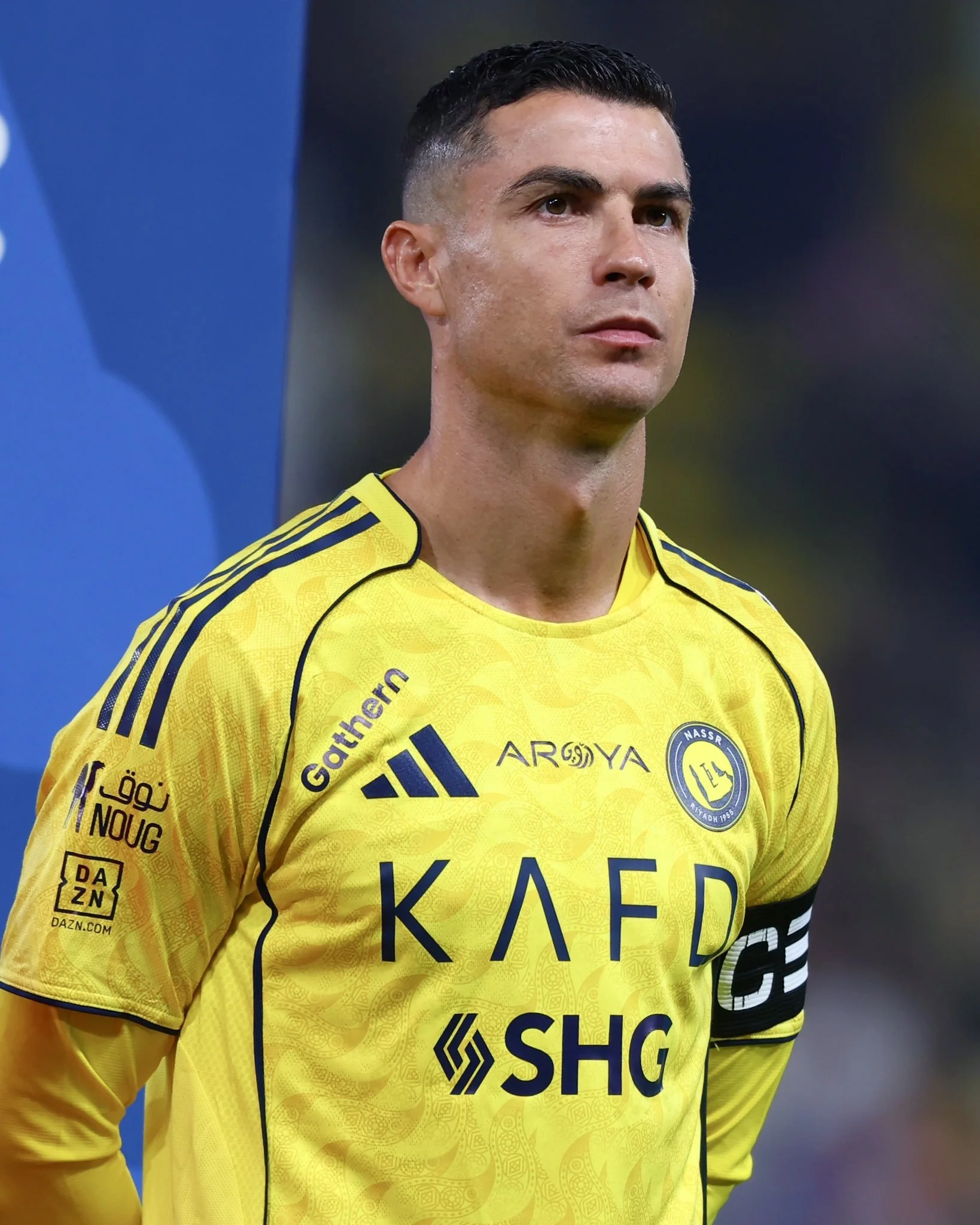
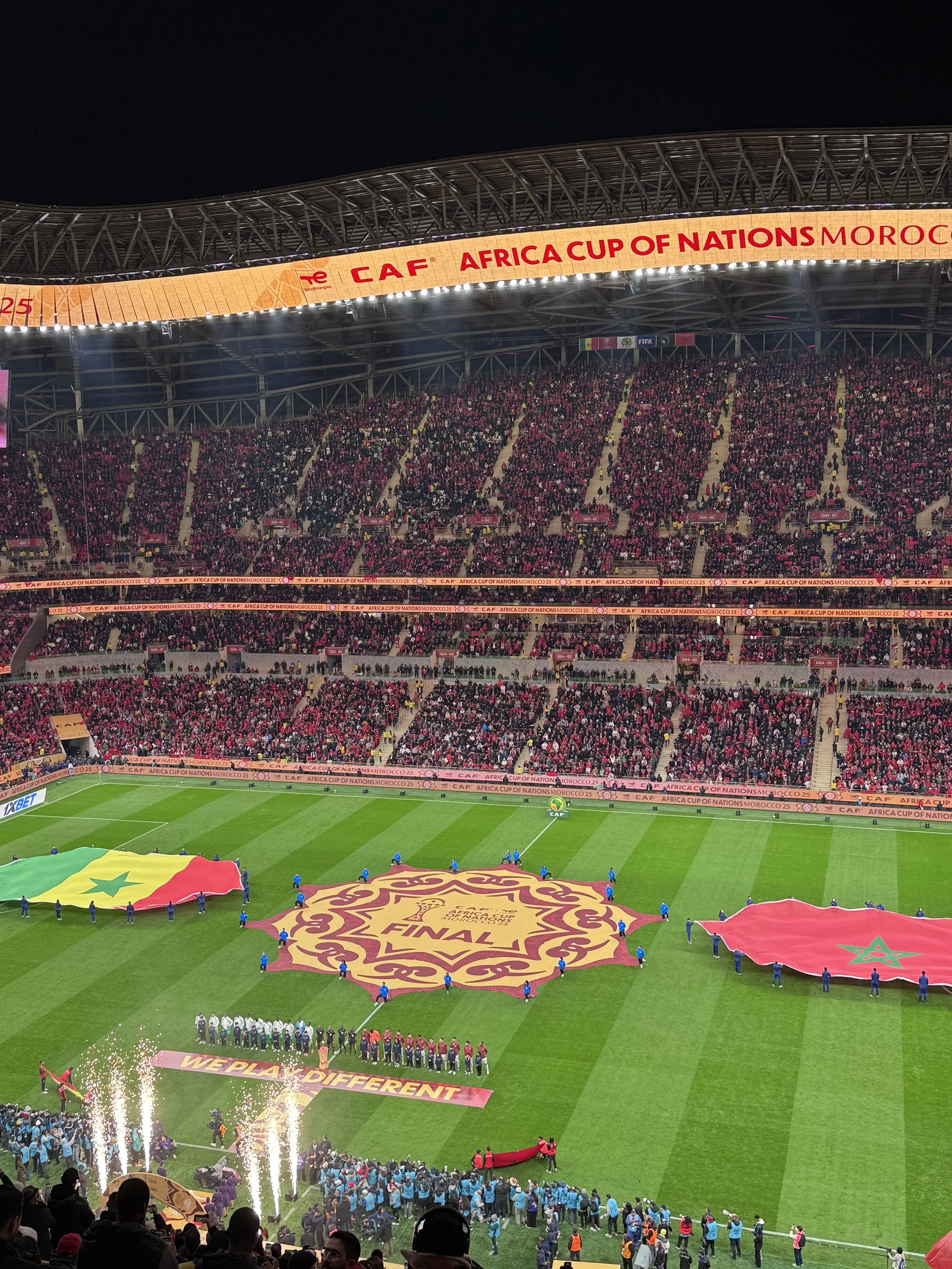
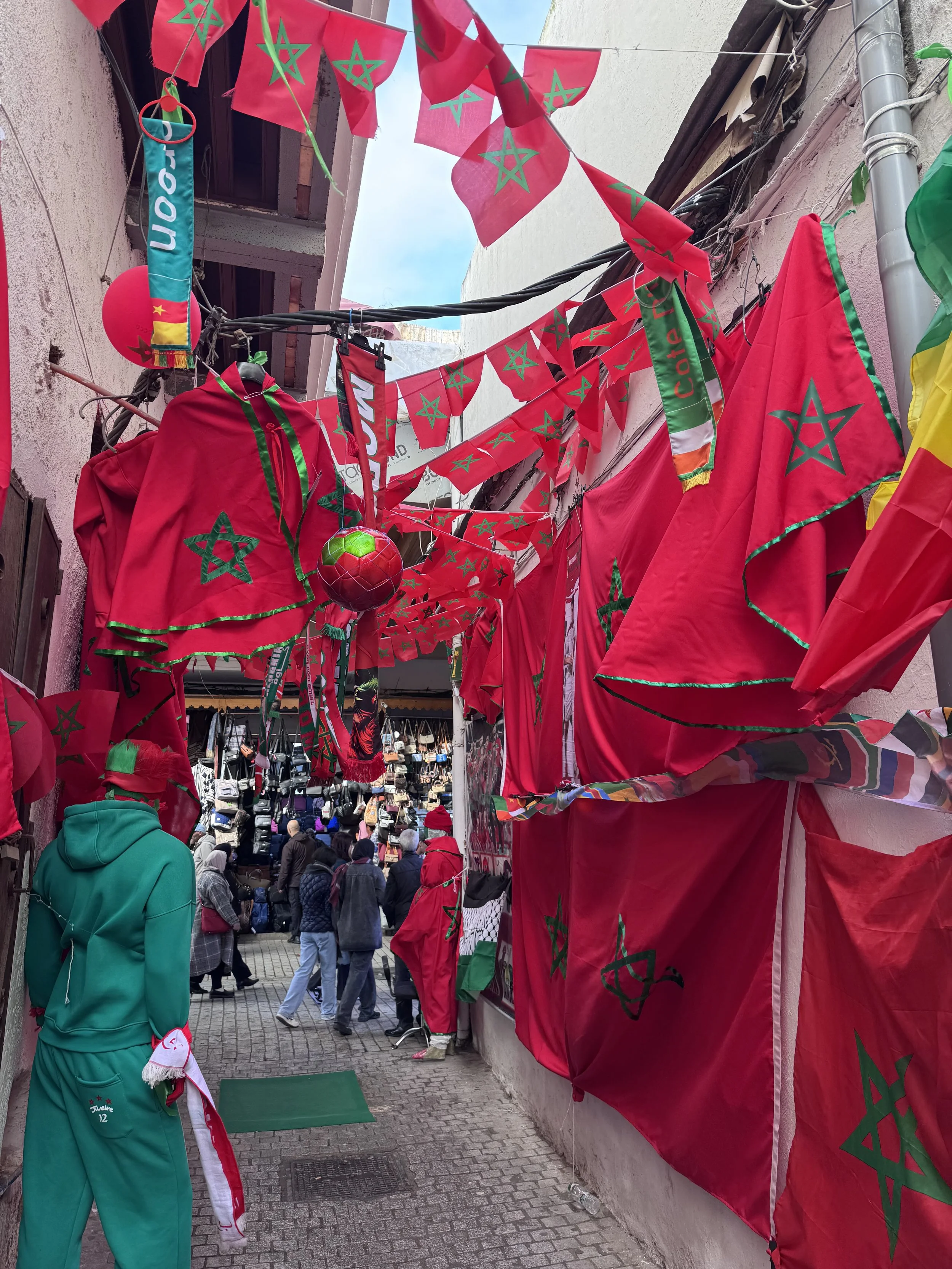
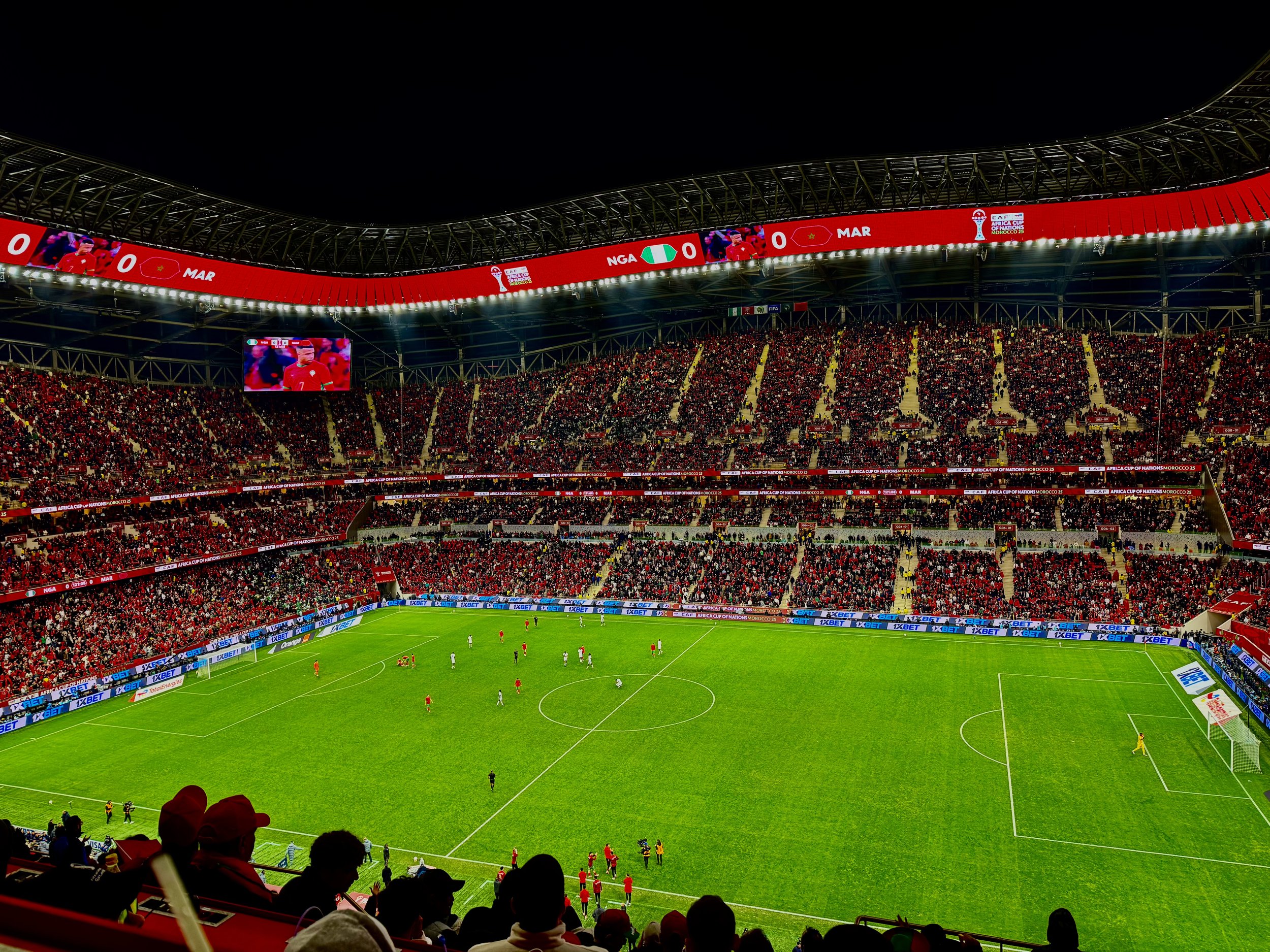
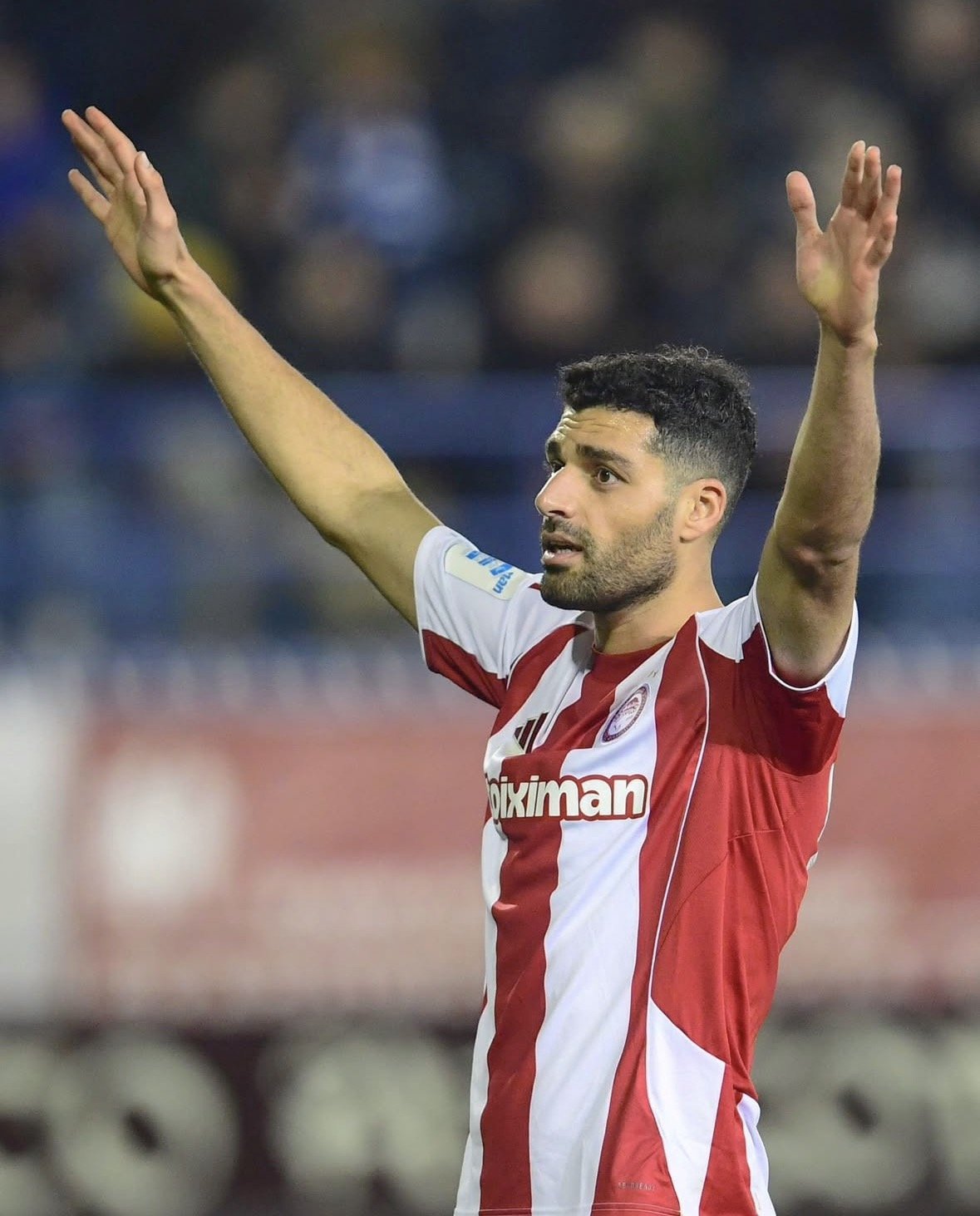
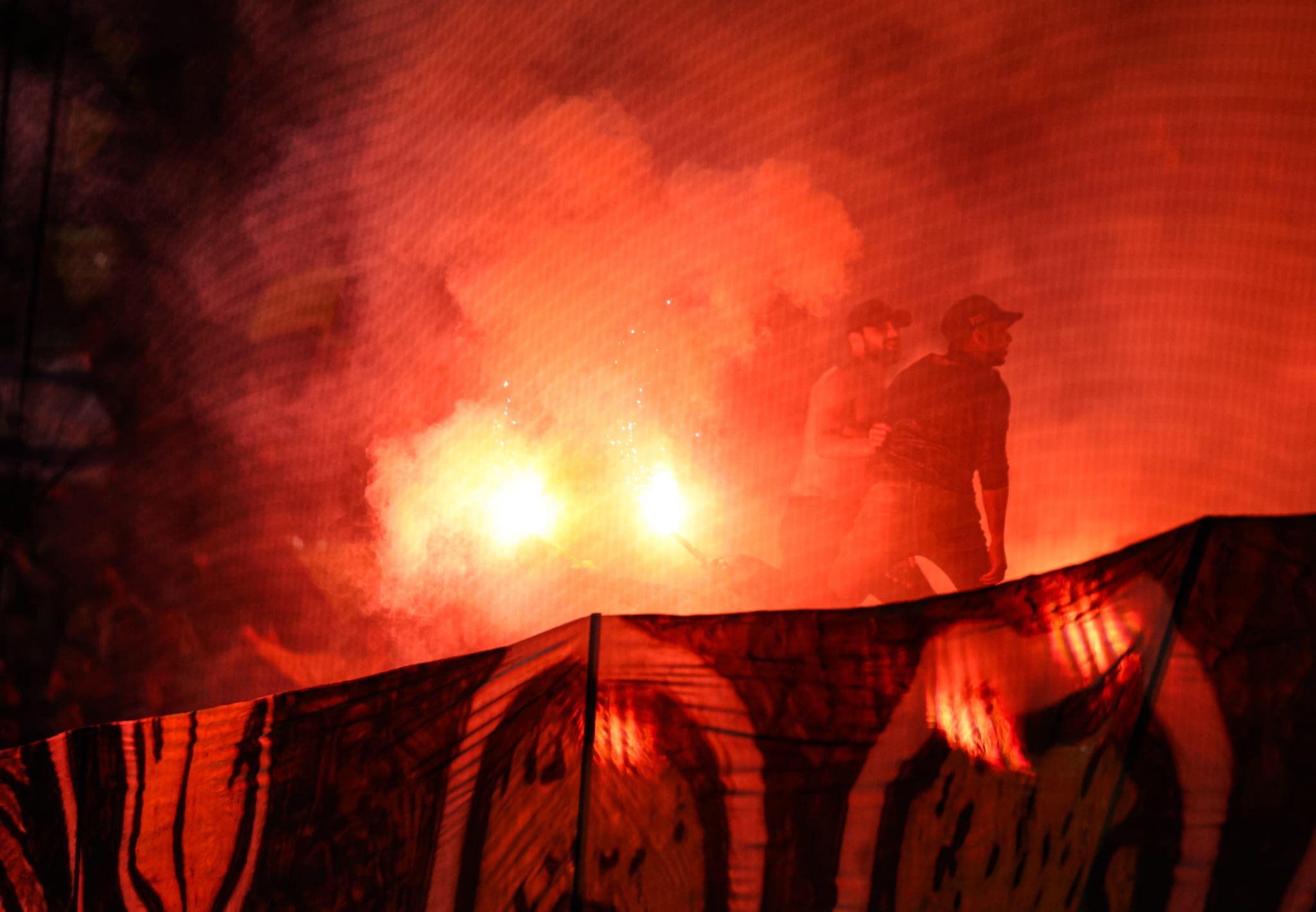

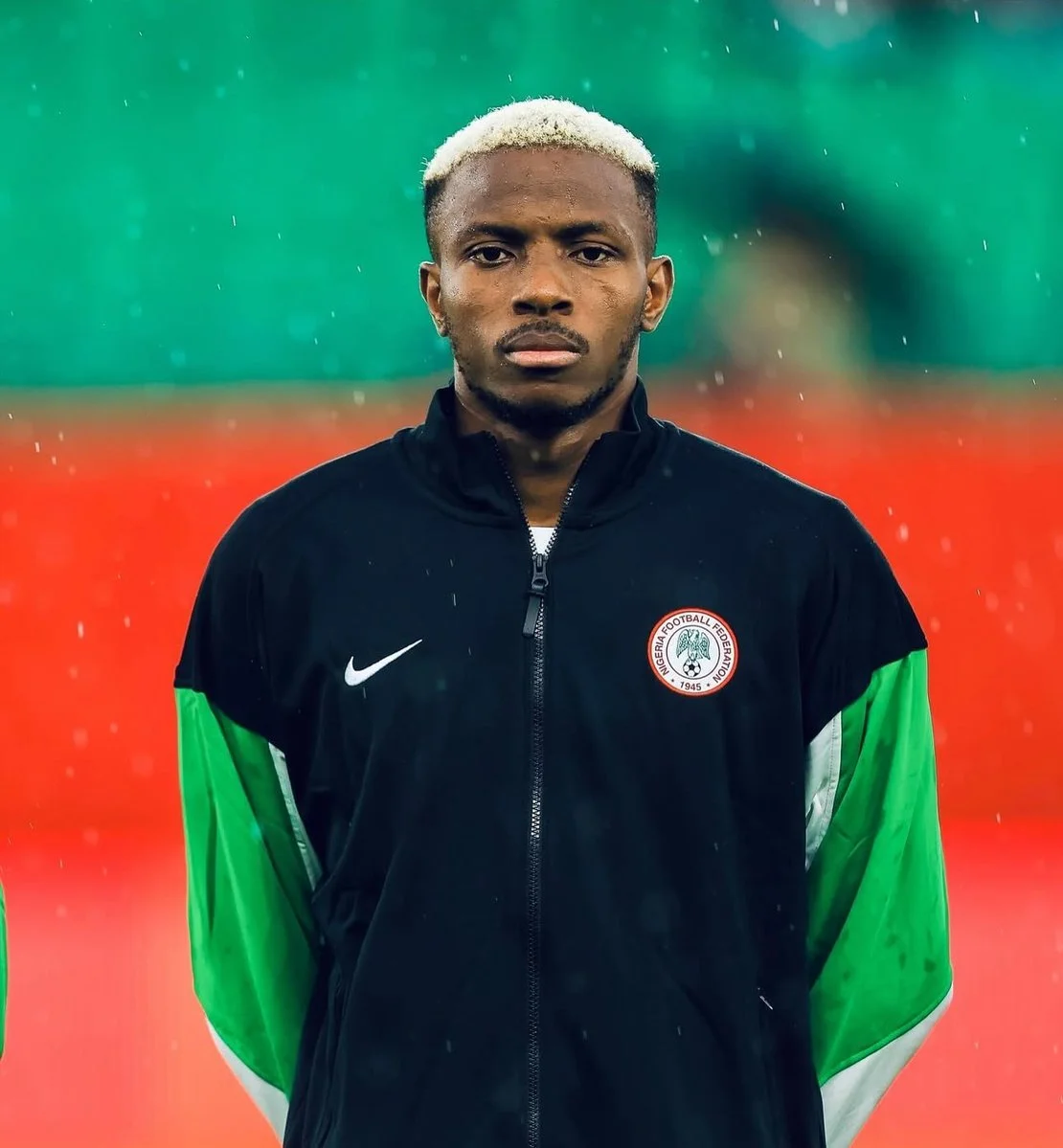
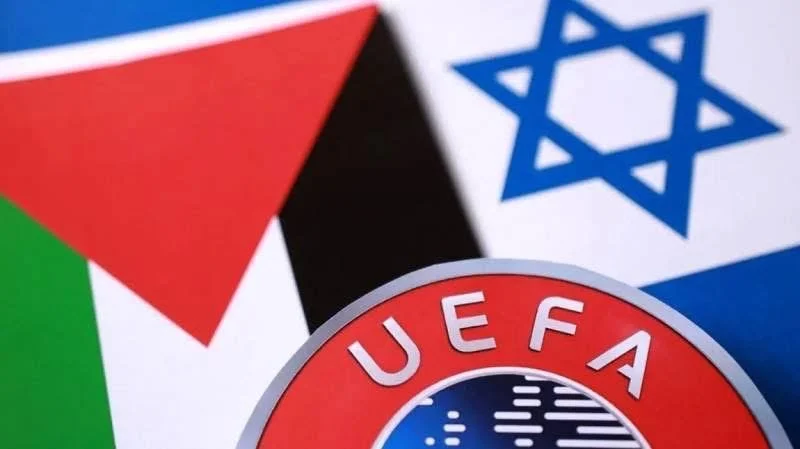

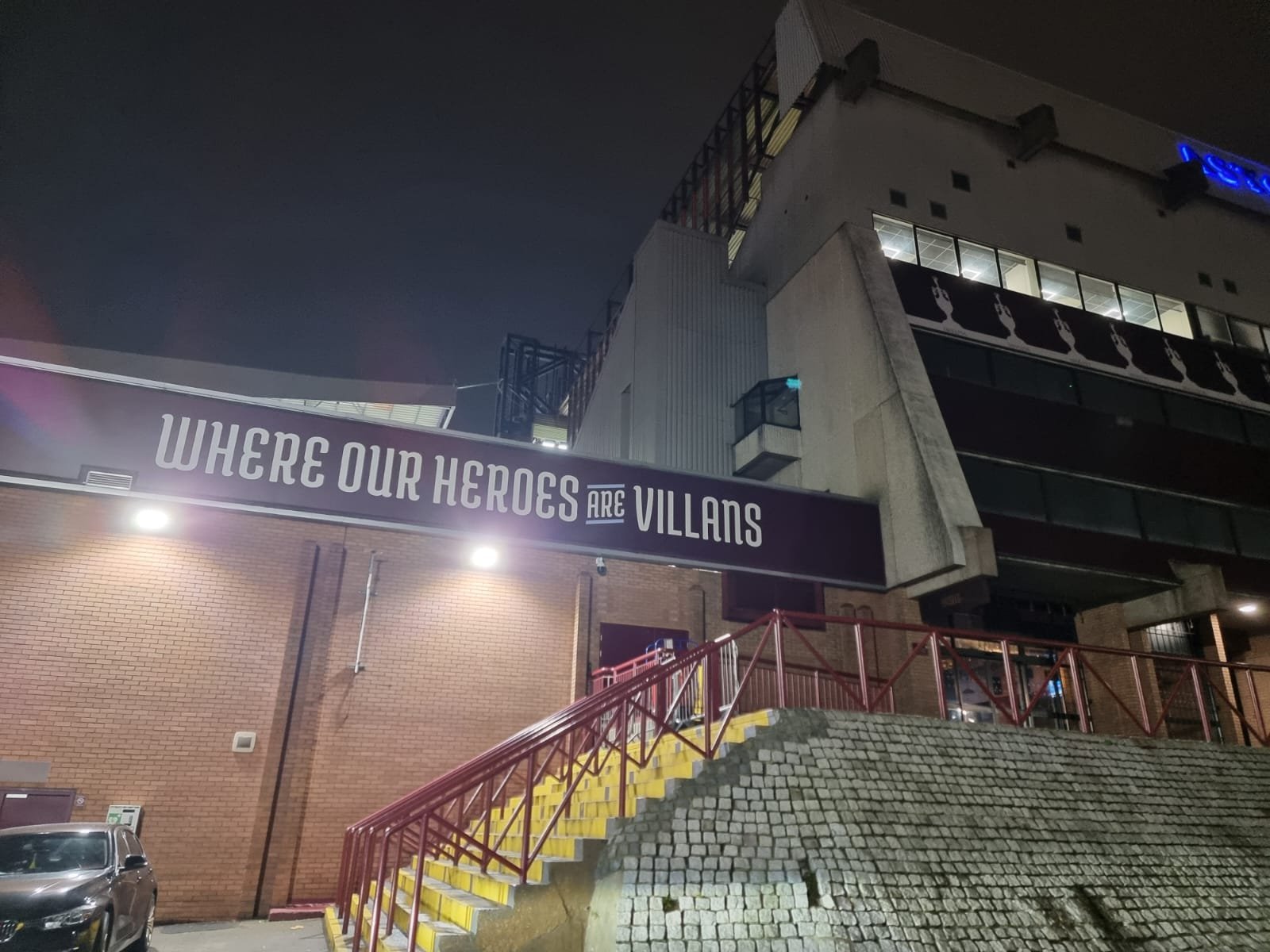
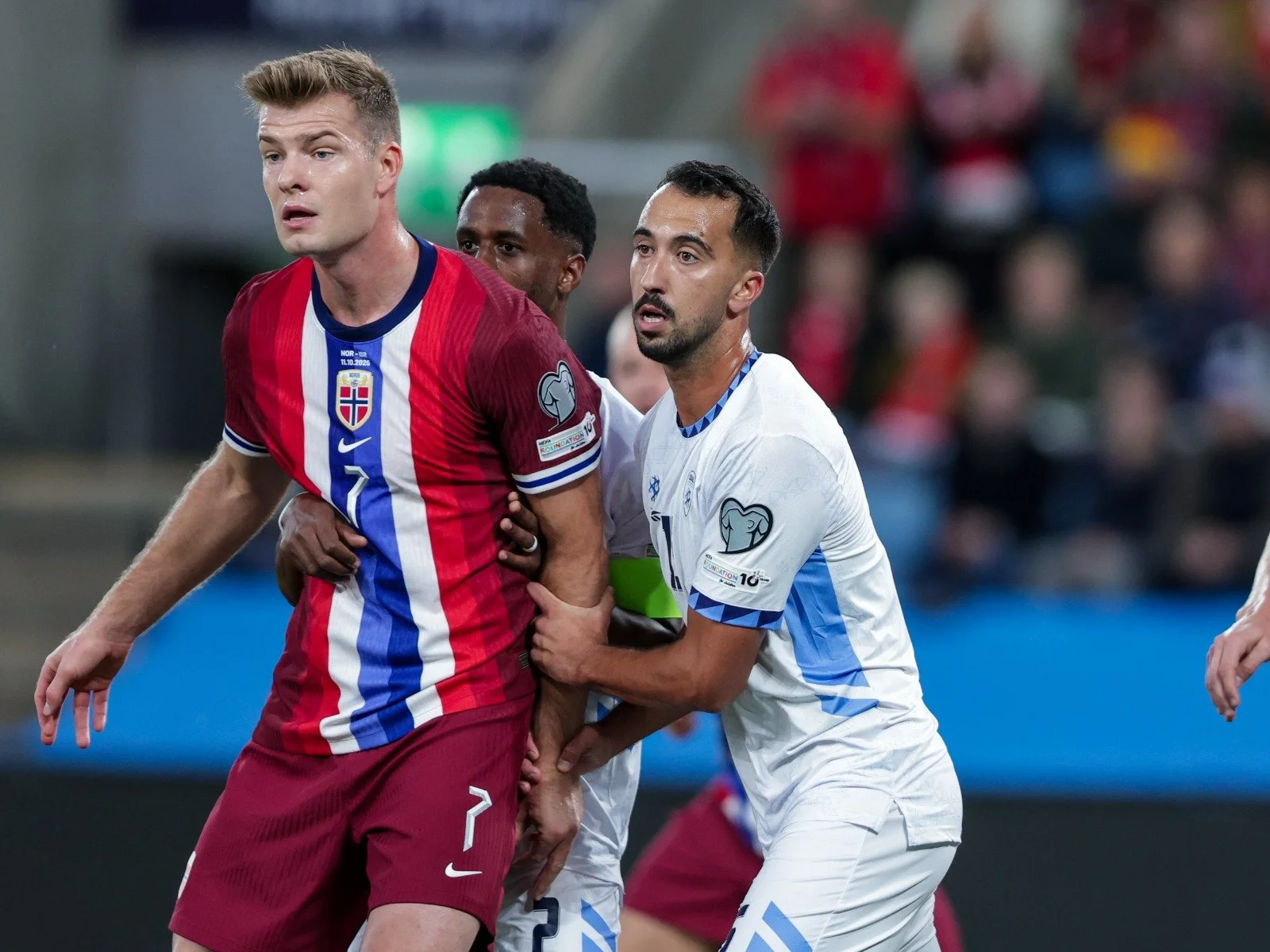

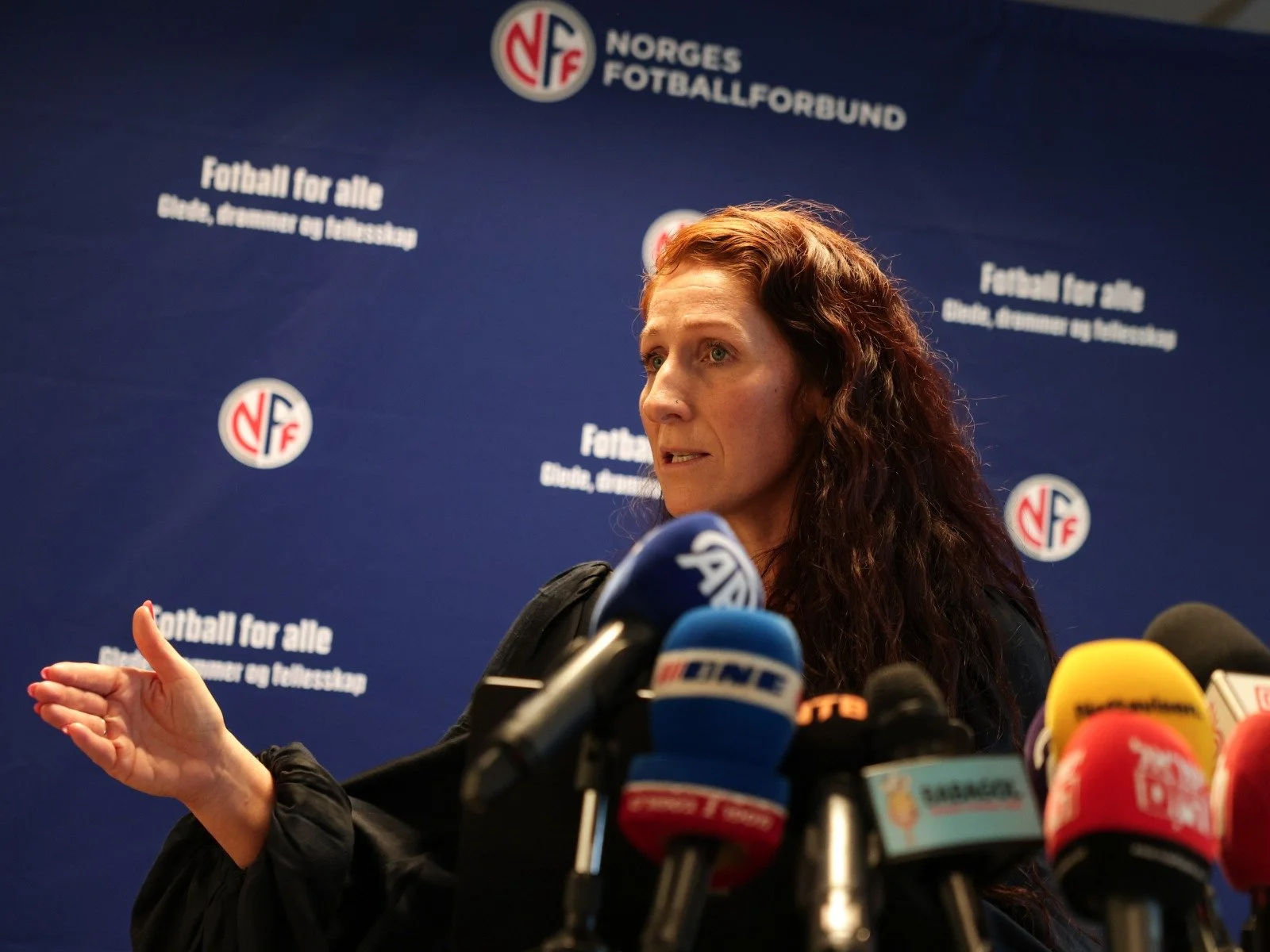
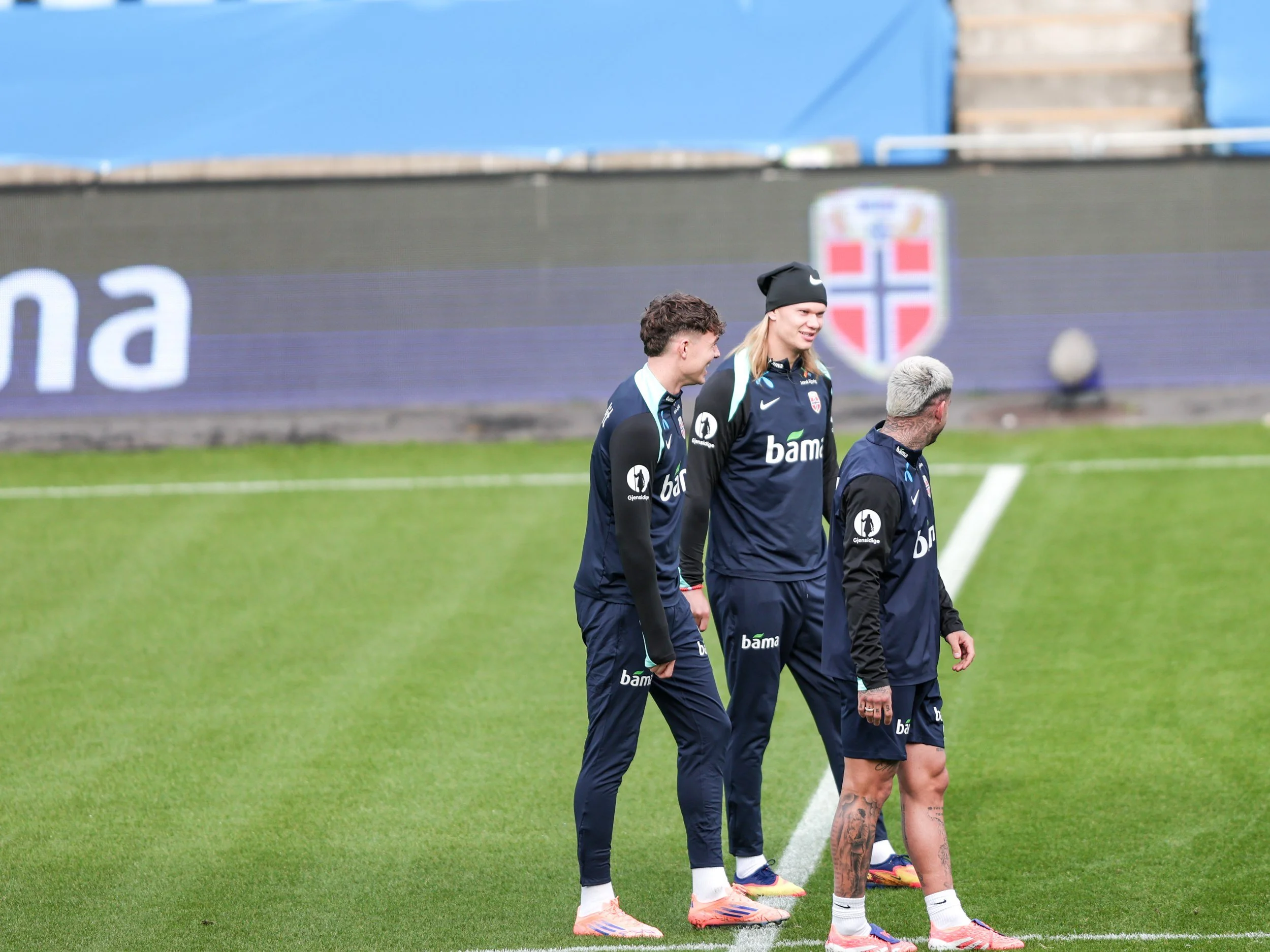
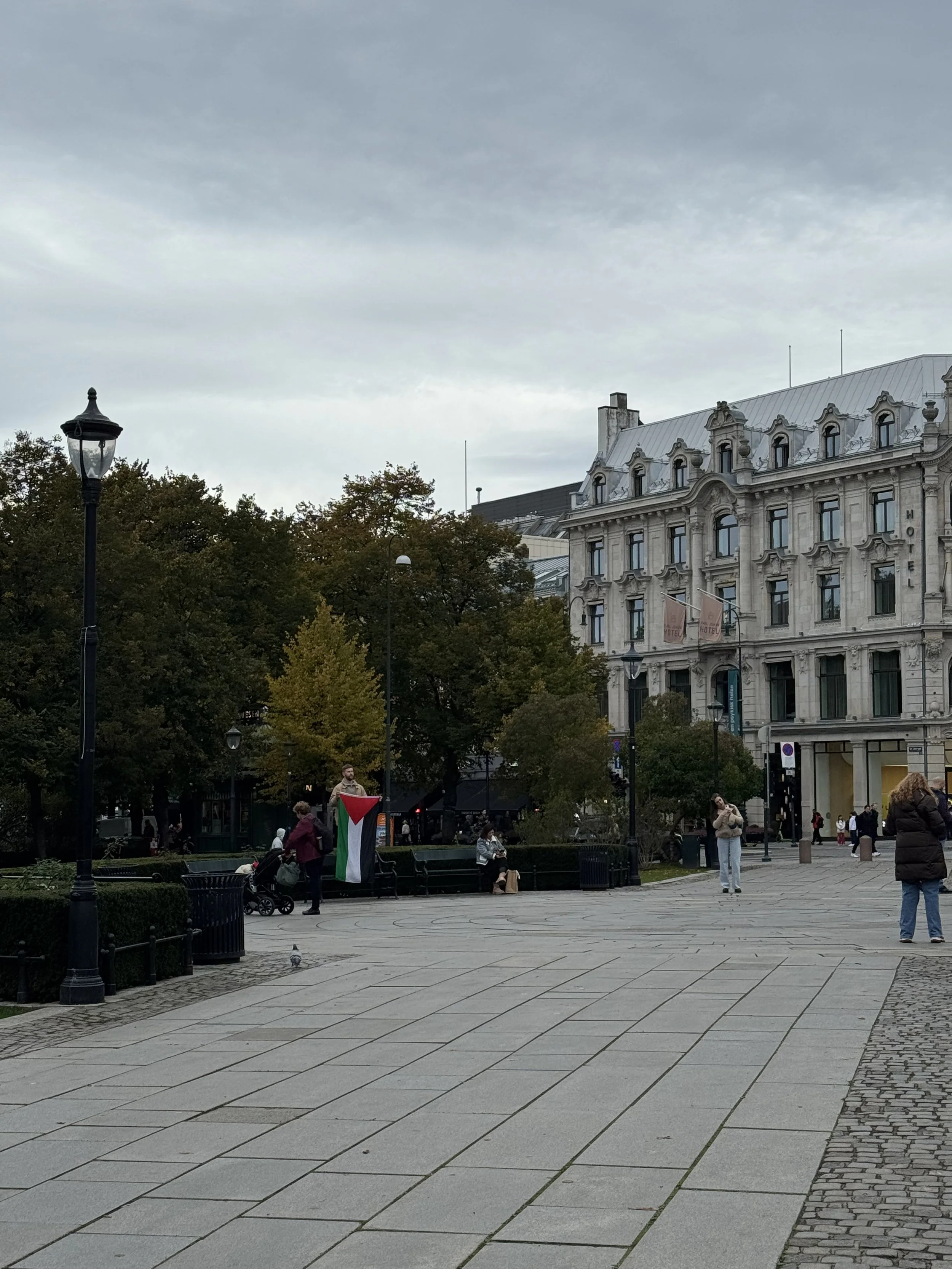
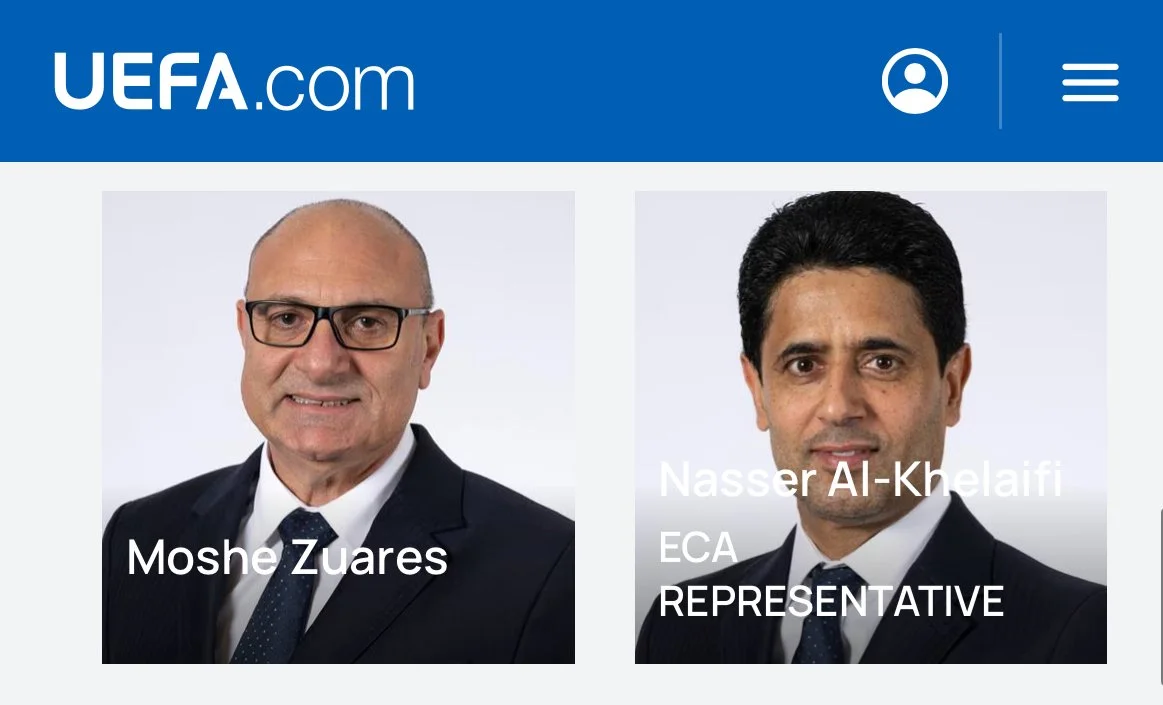

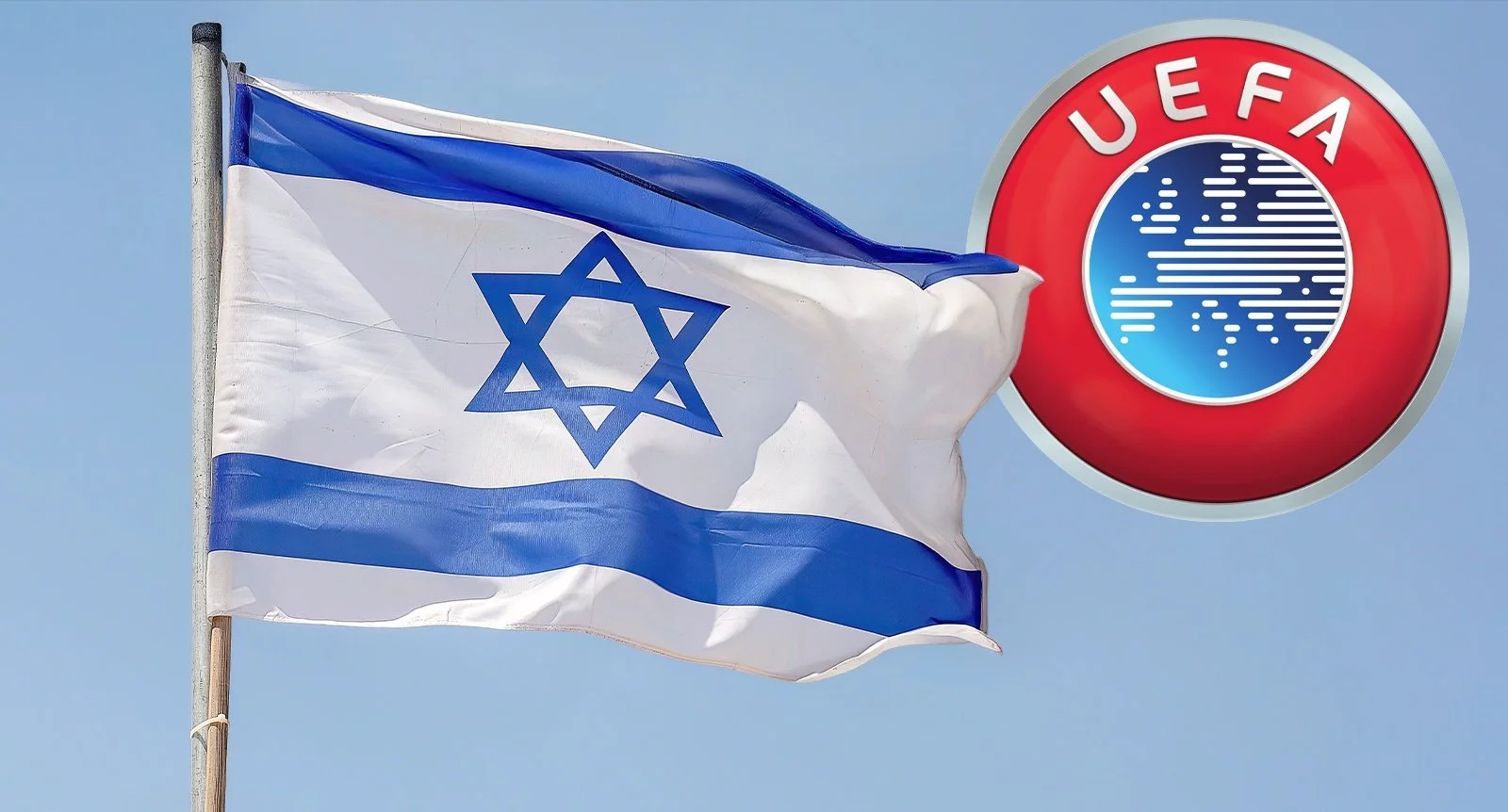
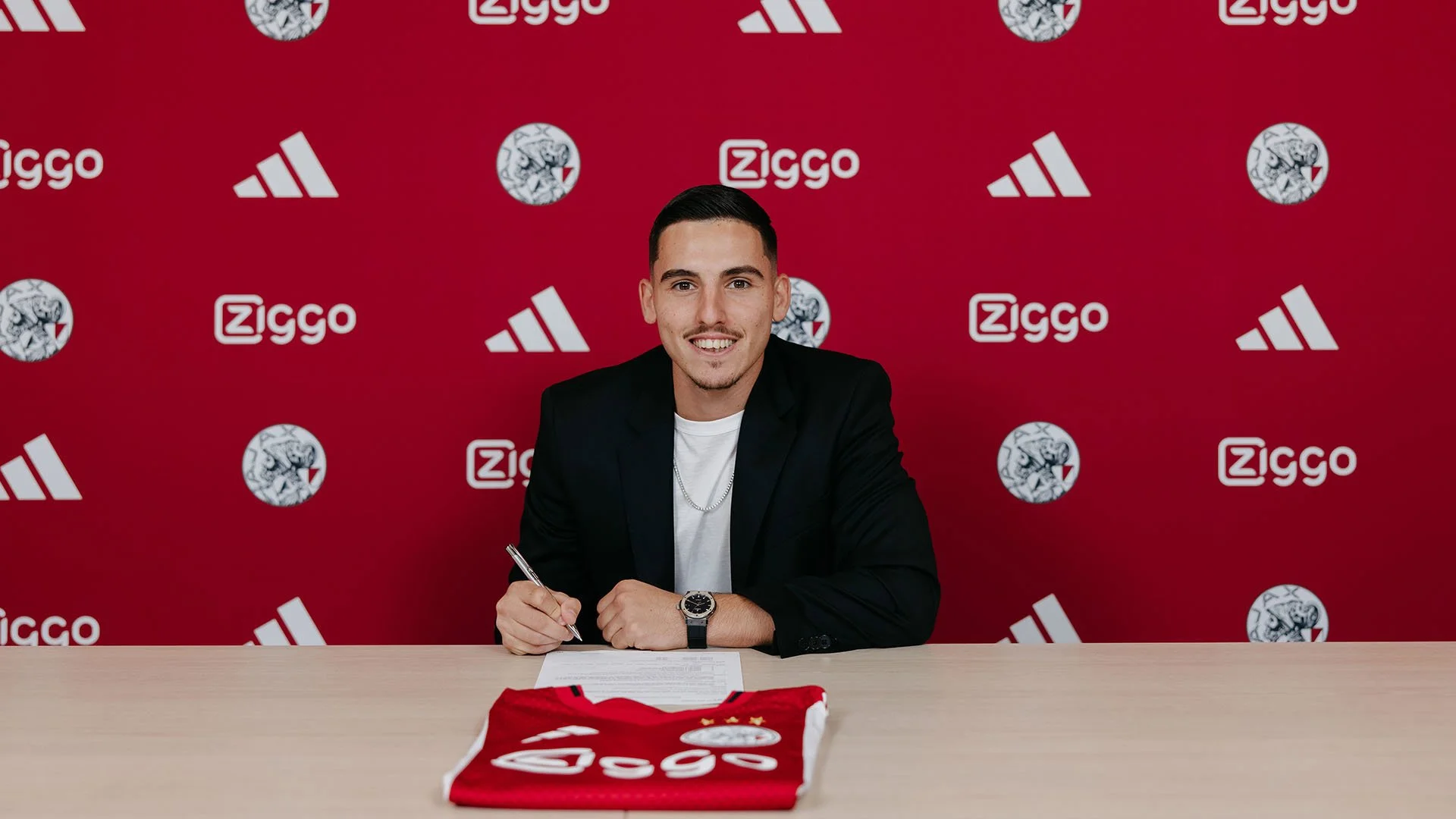
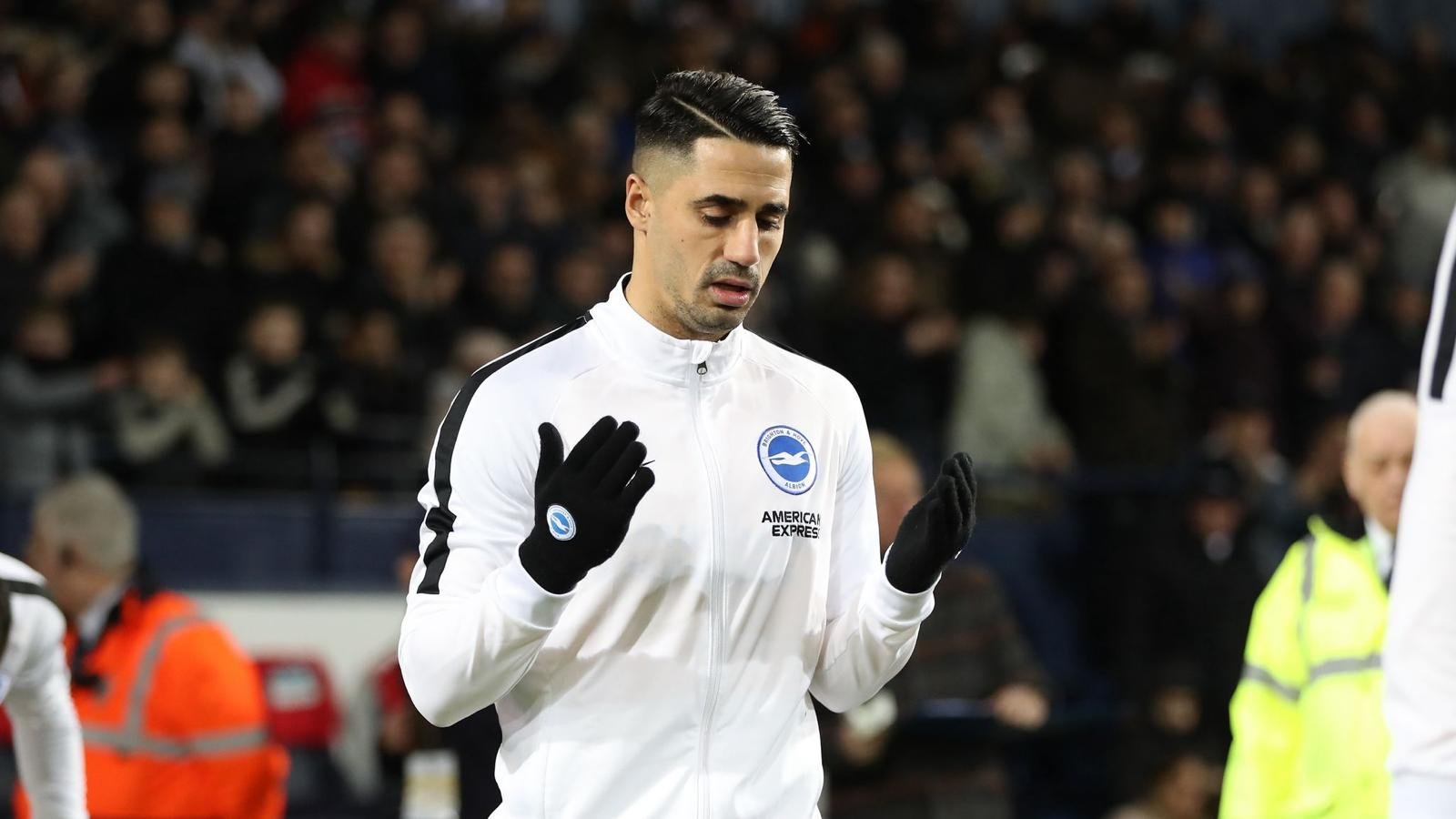
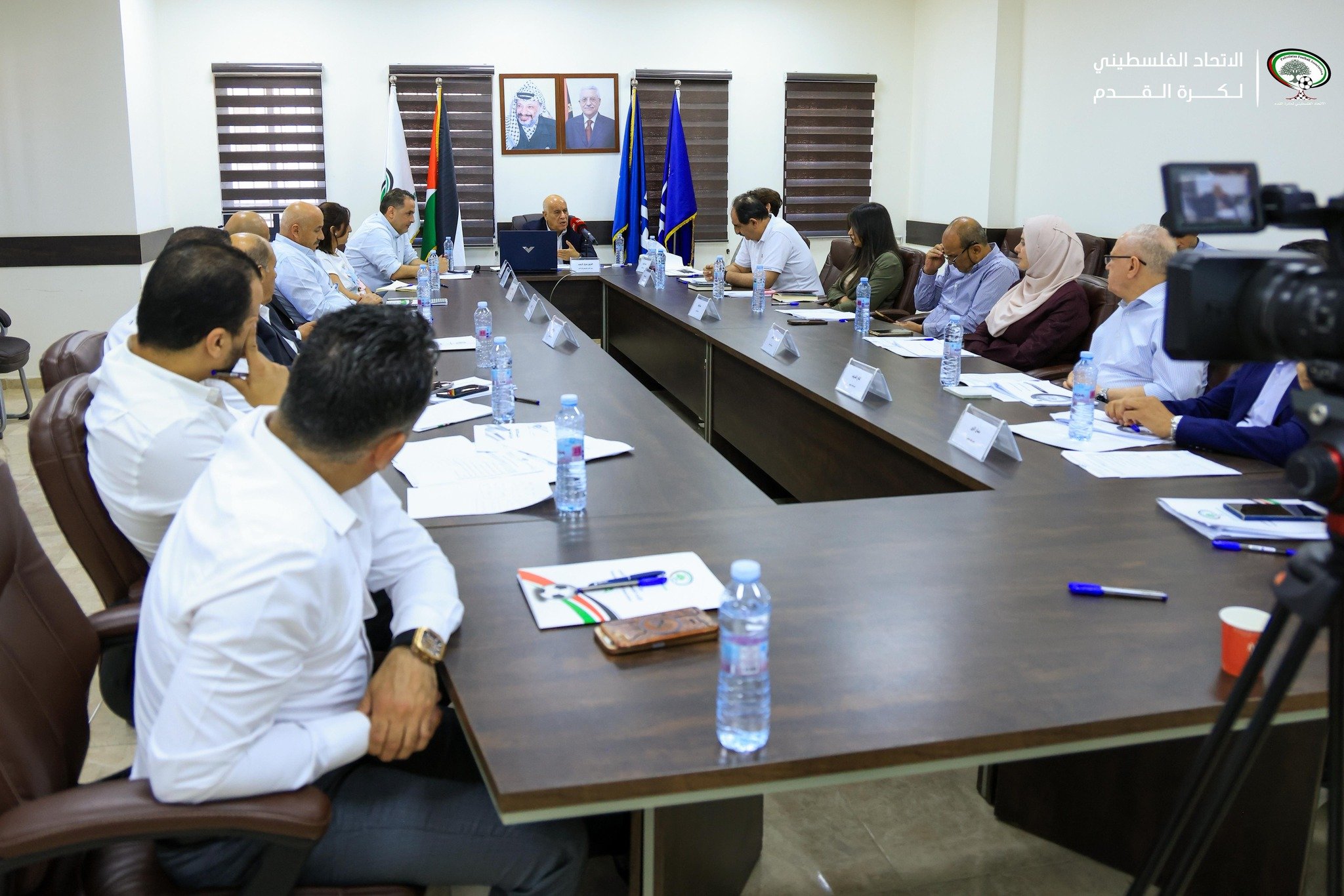
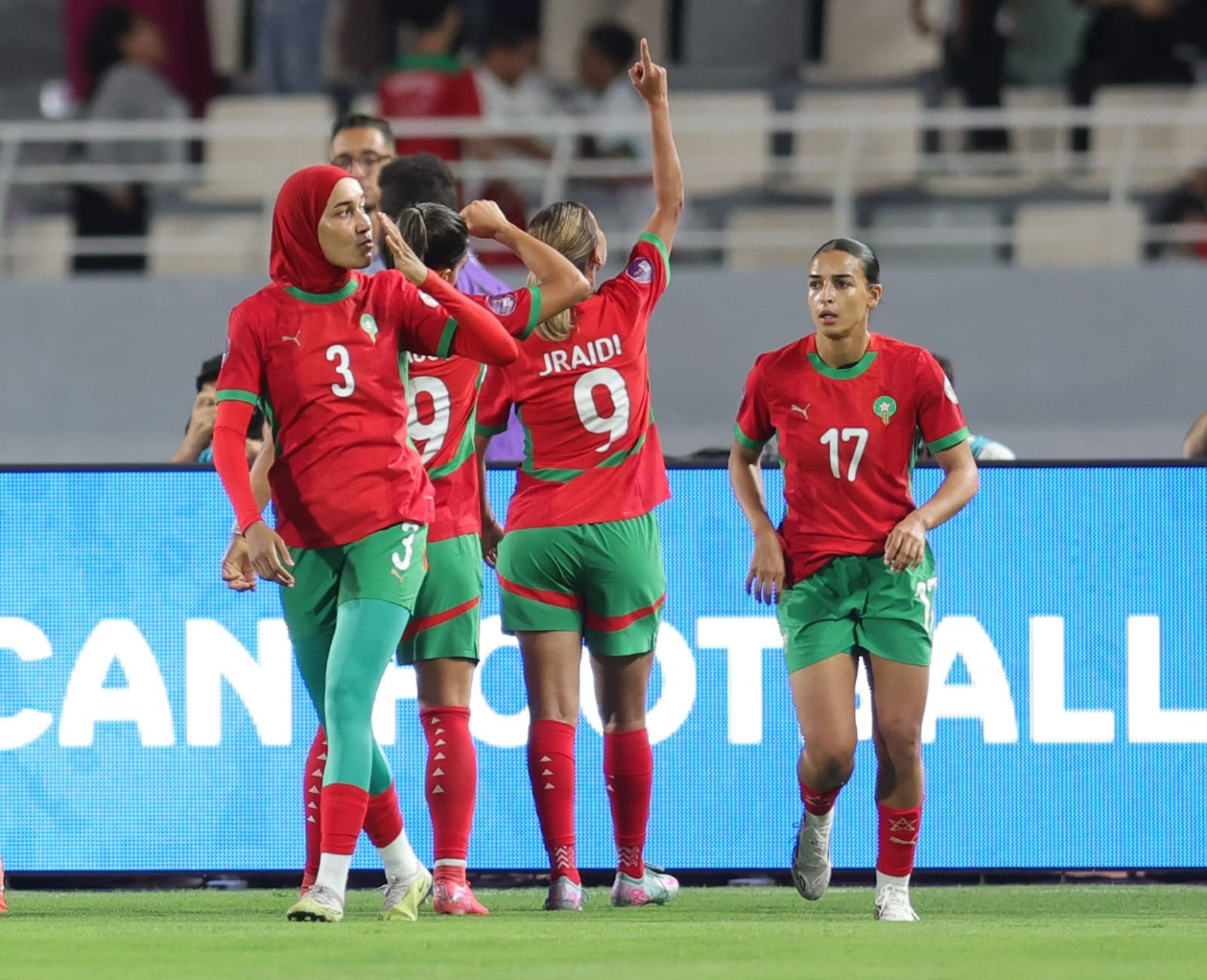


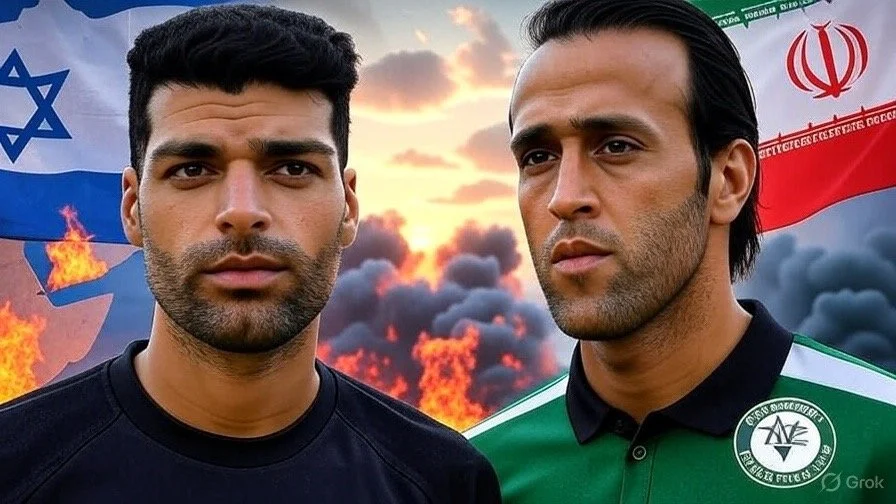


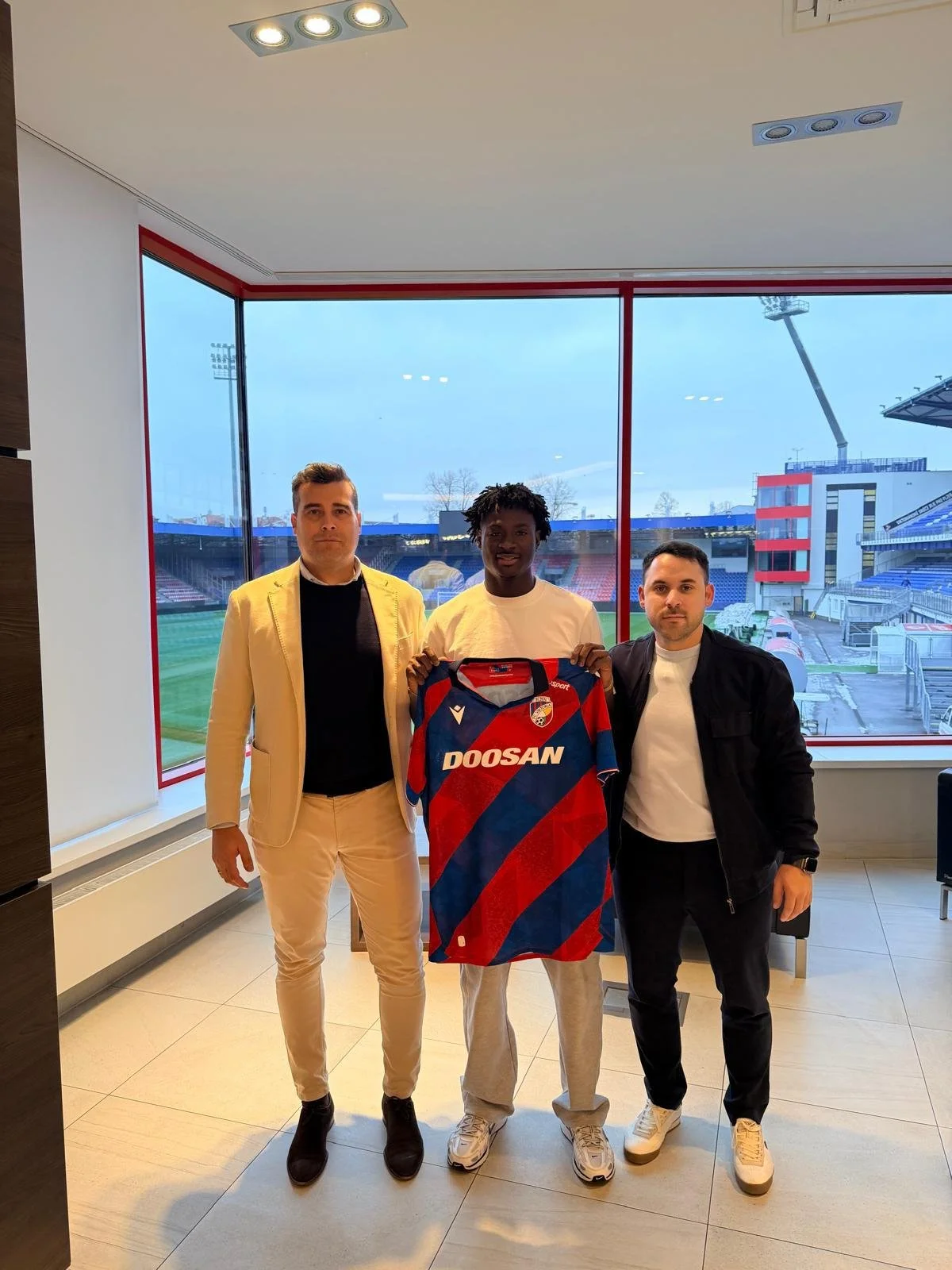
From Nigeria’s Mavlon academy to Viktoria Plzeň and the Europa League dream: Salim Fago’s journey is just beginning in Europe.